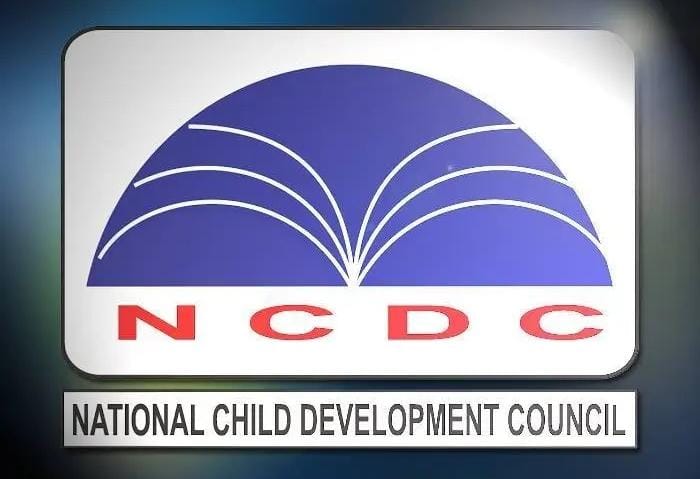New Delhi, May 21: As schools in Kerala and other places prepare to reopen from the first week of June, the National Child Development Council (NCDC) had a core committee meeting this week where it resolved unanimously to implement a key resolution aimed at the development of health, hygiene, and sanitation facilities in schools. During the meeting, members emphasized the urgency to provide a safe and nurturing environment for children in schools.
Commencing the discussion, committee members were unanimous in their view that every school needs to provide access to clean drinking water, well-maintained sanitation facilities, and basic health care services. The resolution urges school authorities—both public and private—to take proactive measures for safeguarding student health and well-being.
We have to make children’s access to clean water, decent toilets, and basic health care a priority. It’s not a luxury, but a fundamental need,” one of the NCDC members stated.
A senior NCDC member, also stressed health education and behavior reinforcement among children. “We must teach them good hygiene practices like hand washing and toilet etiquette from day one. We must make such learning experiences unforgettable,” she declared. She also favored parental participation and proposed hourly bell-ringing to remind water consumption.
She also observed the significance of staff training, especially for teachers in higher grades who tend to overlook hygiene oversight over pre-primary staff.
Another NCDC official concentrated on availability of material, saying, “The government needs to supply fundamental hygiene items—soaps, disinfectants, and sanitary sprays. Without them, knowledge alone won’t suffice.” He further demanded that such items be made obligatory in each school.
Similarly, the issue of coordination between school administration and sanitation workers was raised by yet another NCDC core committee member. “There should be compassion and coordination. Students should treat sanitation workers with respect, and personnel should be given the power to report matters without fear,” she added. She also urged health-oriented expert seminars, by doctors or nurses from the parent community, and explained the dangers of junk food culture among students, urging improved food education and peer-to-peer awareness.
One NCDC member gave a heart-wrenching testimony of the problems her daughter faced at school camp because of the unavailability of water, highlighting the effects of poor sanitation on girls, particularly during menstruation. She requested a permanent source of water at schools, for example, wells or tanks, particularly in areas where the public water supply gets disrupted.
She further suggested that schools maintain health registers, track frequent student absences due to illness, and work with local Primary Health Centers (PHCs) or NGOs to provide mental health and hygiene awareness sessions.
The members noted that the monsoon season introduces other health hazards such as diarrhea and water-borne illnesses, so preventive infrastructure becomes all the more crucial.
The committee concurred on the necessity of waste management, cleanliness of bathrooms, and availability of menstrual hygiene materials, commenting that numerous girls refrain from using school washrooms for fear of poor maintenance.










